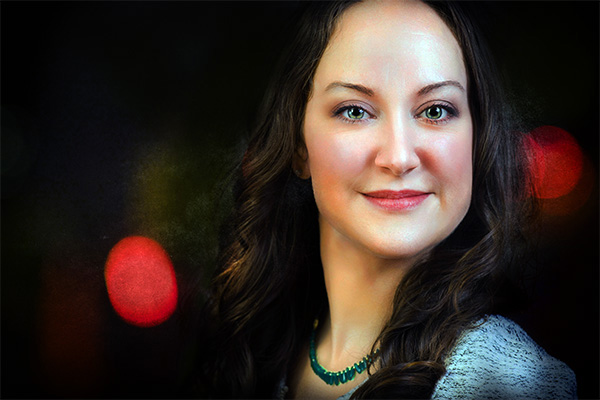Understanding the Fundamentals of Photography

Introduction to Photography for Starters
Photography is a way to preserve memory and tell stories.
Getting Familiar With Your Camera
The journey begins with your camera.
Whether you shoot with a DSLR, the fundamentals of light and composition remain the same.
Spend time studying aperture, shutter speed, ISO. Comfort with the device makes shooting smoother.
The Importance of Light
Without light, there is no photograph.
Golden hour glow is easiest for beginners.
Studio strobes offer control.
Direction of light make or break an image.
The Art of Arrangement
Strong framing gives structure.
Symmetry and balance guide the eye.
Try unusual angles. Unique framing make images memorable.
Building Skill Over Time
No one becomes skilled instantly.
Try new techniques often. Repetition builds instinct.
Awkward angles are lessons not failures.
Editing and Post-Processing
Straight-out-of-camera images are fine, but editing refines them.
Simple phone apps sharpen details.
Editing should highlight the subject.
Sharing Work
Feedback helps you grow.
Online galleries give exposure.
Printing images keeps motivation high.
Finding Style
It grows through experimentation.
Switch between color and black-and-white. Each teaches something.
Your style will change, and that is natural.
Lessons for New Photographers
Shooting everything centered happen to all beginners.
Not backing up files creates frustration.
Regular review of mistakes turns errors into improvement.
Bonus Guidance
- Always check your battery before leaving home.
- RAW files allow more editing flexibility.
- Dust shows in photos.
- Auto is easy but manual builds skill.
- Learn by observing composition and light.
FAQ Section
Q: Do I need an expensive camera?
A: Any camera can take great photos with the right technique.
Q: How long until I improve?
A: Consistency is more important than gear upgrades.
Q: Is editing cheating?
A: No, editing is part of modern photography.
Q: Should I always follow rules?
A: Rules guide beginners but creativity matters most.
Closing Words
Photography is not a race but a lifelong pursuit.
Keep practicing. With creativity and consistency, you’ll capture stronger stories.
Whether as a hobby or a profession, progress comes with practice..
How Photographers Work
A photographer is more than a person with a camera.
Hobbyists seek to improve their craft.
Photographers work in many fields, such as wildlife. Each requires different techniques.
Great photographers study light carefully.
Photography check for more Gear Basics
The best camera is the one you use, yet knowing options is important.
Cameras
Smartphone cameras serve professional pictures different purposes.
Smartphones put photography in everyone’s hands.
Lenses
A lens often matters more than the body.
- Prime lenses give sharpness and low-light ability.
Choosing the right lens improves results dramatically.
Tripods and Stability
A steady shot improves sharpness.
Lighting Equipment
Softboxes, reflectors, and strobes shape light.
Accessories Every Photographer Should Know
- Cleaning kits are essentials that prevent problems.
- Protective cases help photographers stay mobile and organized.
- Gimbals let you try new perspectives.
Skill vs Equipment Debate
Gear supports creativity, but talent drives results.
Learning exposure, composition, and light is more important than chasing new models.
Developing as a Photographer
Studying others’ work helps build vision.
Taking workshops all accelerate progress.
Technology and Photographers
New cameras bring higher quality, yet creativity will always matter.
Artificial intelligence offer new creative options.
Still, the essence remains: capturing light, telling stories, and expressing ideas.
Final Thoughts
Photographers and their gear are inseparable.
The best advice remains simple: learn, practice, and keep shooting.